
Welcome to Plumbco's comprehensive guide on hard water vs soft water. Water quality plays a crucial role in our daily lives, affecting everything from household chores to personal health. In this blog, we'll delve into the differences between hard water and soft water, explore their respective benefits and drawbacks, and offer insights into how you can manage water hardness in your area.
What is Hard Water?
Hard water is water that contains high concentrations of dissolved minerals, primarily calcium and magnesium. These minerals are picked up as water percolates (percolates refers to the process by which water moves downward through soil and rock layers under the force of gravity). While not harmful to human health, hard water can cause various issues in households and industries.
Where Does Hard Water Come From?
Hard water originates from natural sources, including underground layers of permeable rock, sediment, or soil that contain water and allow it to flow through and surface water bodies. As water flows through mineral-rich soil and rock formations, it picks up dissolved minerals, resulting in varying degrees of water hardness in different regions.
What is Soft Water?
On the other hand, soft water contains low concentrations of these minerals, making it easier to lather with soap and less likely to leave mineral deposits on surfaces. Soft water is often preferred for domestic and industrial use due to its ability to lather more easily with detergents, produce cleaner dishes and laundry, and prevent mineral build up in pipes and appliances. One notable aspect of soft water is that it often contains higher levels of sodium or salt, particularly when softened through ion exchange methods.
How to Tell the Difference Between Hard Water and Soft Water
One of the most noticeable differences between hard and soft water is the way they interact with soap. Hard water tends to form scaly deposits (soap scum) when mixed with soap, making it difficult to lather and leaving behind residue on surfaces. Soft water, on the other hand, produces abundant lather and rinses cleanly. Hard water is also known to be tougher on your skin and can lead to dryness.
The Benefits and Negatives of Hard Water and Soft Water
Benefits of Hard Water:
- Provides essential minerals like calcium and magnesium, contributing to daily dietary intake.
- May offer a sense of improved taste compared to softened water.
- Suitable for gardening and plant growth due to mineral content.
Negatives of Hard Water:
- Causes mineral build up in pipes, appliances, and fixtures, leading to reduced efficiency and lifespan.
- Creates soap scum on surfaces, making cleaning more challenging.
- Can lead to dry skin and dull hair due to the difficulty in rinsing off soap residue.
Benefits of Soft Water:
- Extends the lifespan and improves the efficiency of plumbing fixtures and appliances by preventing mineral build up.
- Produces better lather with soaps and detergents, leading to cleaner laundry, dishes, and personal hygiene.
- Reduces the need for harsh cleaning products, potentially saving money and minimising environmental impact.
Negatives of Soft Water:
- May have a slightly salty taste due to the ion exchange process in some water softeners.
- Does not provide additional minerals, which some consider beneficial for health.
- Requires ongoing maintenance of water softening systems, including replenishing salt or other regeneration agents.
Why is Hard Water a Problem? Is Hard Water Dangerous?
While hard water itself is not considered dangerous to health, its consequences can pose significant problems. The mineral build up in pipes and appliances can lead to costly repairs and decreased efficiency. Additionally, the presence of soap scum can make cleaning more labour-intensive and less effective, impacting hygiene standards.
How to Prevent Hard Water?
Several methods can help mitigate the effects of hard water:
- Water Softeners: Install a water softening system to remove calcium and magnesium ions from the water supply.
- Reverse Osmosis: Implement a reverse osmosis filtration system to reduce mineral content in drinking water.
- Regular Maintenance: Stay proactive with cleaning and maintenance routines to prevent mineral build up in pipes and appliances.
In conclusion, understanding the differences between hard water and soft water is crucial for maintaining a healthy and efficient water supply in your home or business. By being aware of water hardness in your area and implementing appropriate measures, such as water softening systems, you can enjoy the benefits of clean, soft water while minimising the drawbacks associated with hard water.
If you're looking to improve the quality of your water by reducing hardness and eliminating the challenges associated with mineral build up, Plumbco is here to help. Visit our stores or give us a call at 01933 224100 (Wellingborough) or 01604 212118 (Northampton) to speak with our knowledgeable staff and find the perfect solution for your water softening needs. Don't let hard water affect your daily life—contact Plumbco today for expert advice and top-quality products!

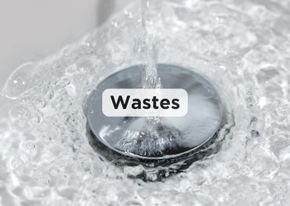

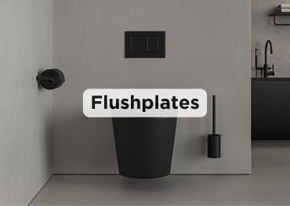
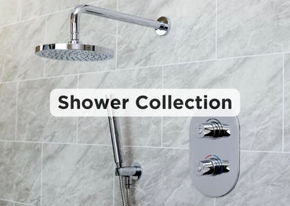
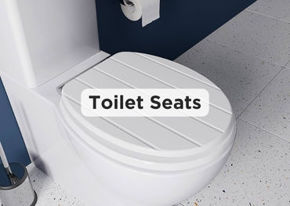
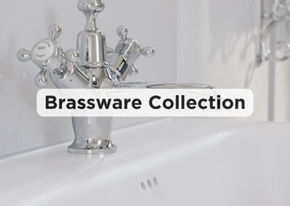
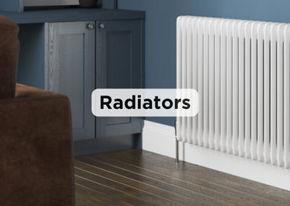

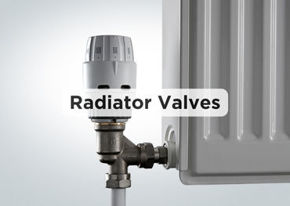

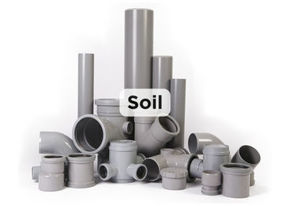
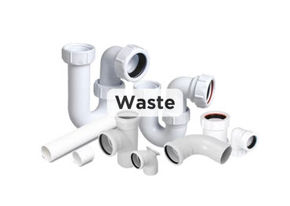
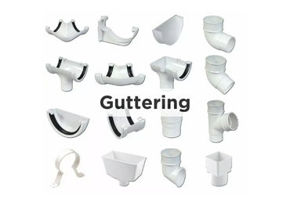
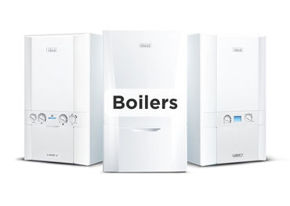
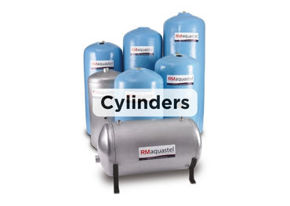
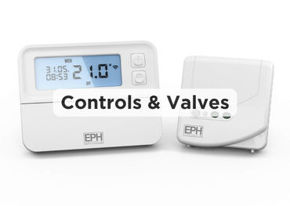
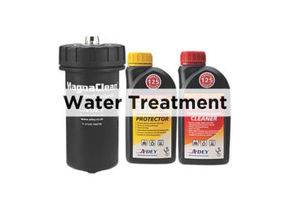
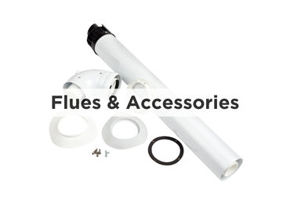
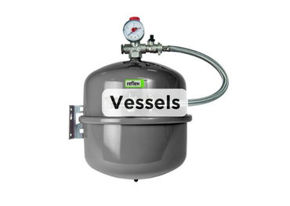
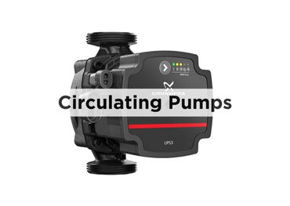
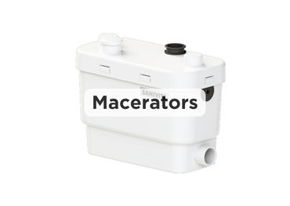
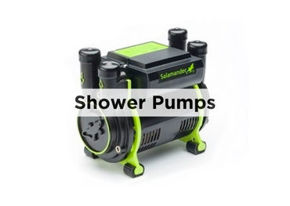
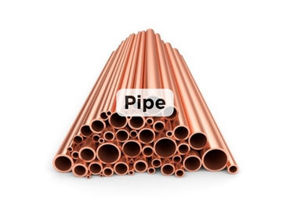

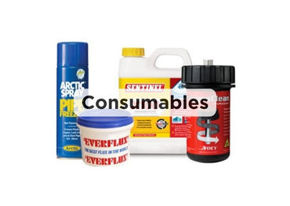
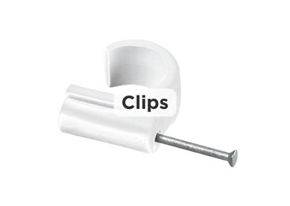

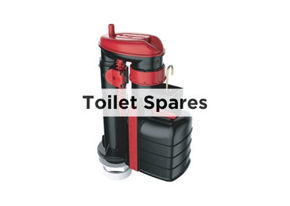
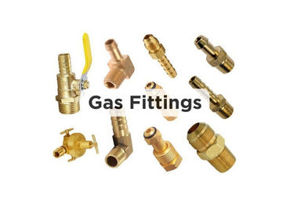

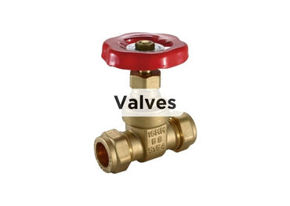
.jpeg)
.jpeg)
.jpeg)
